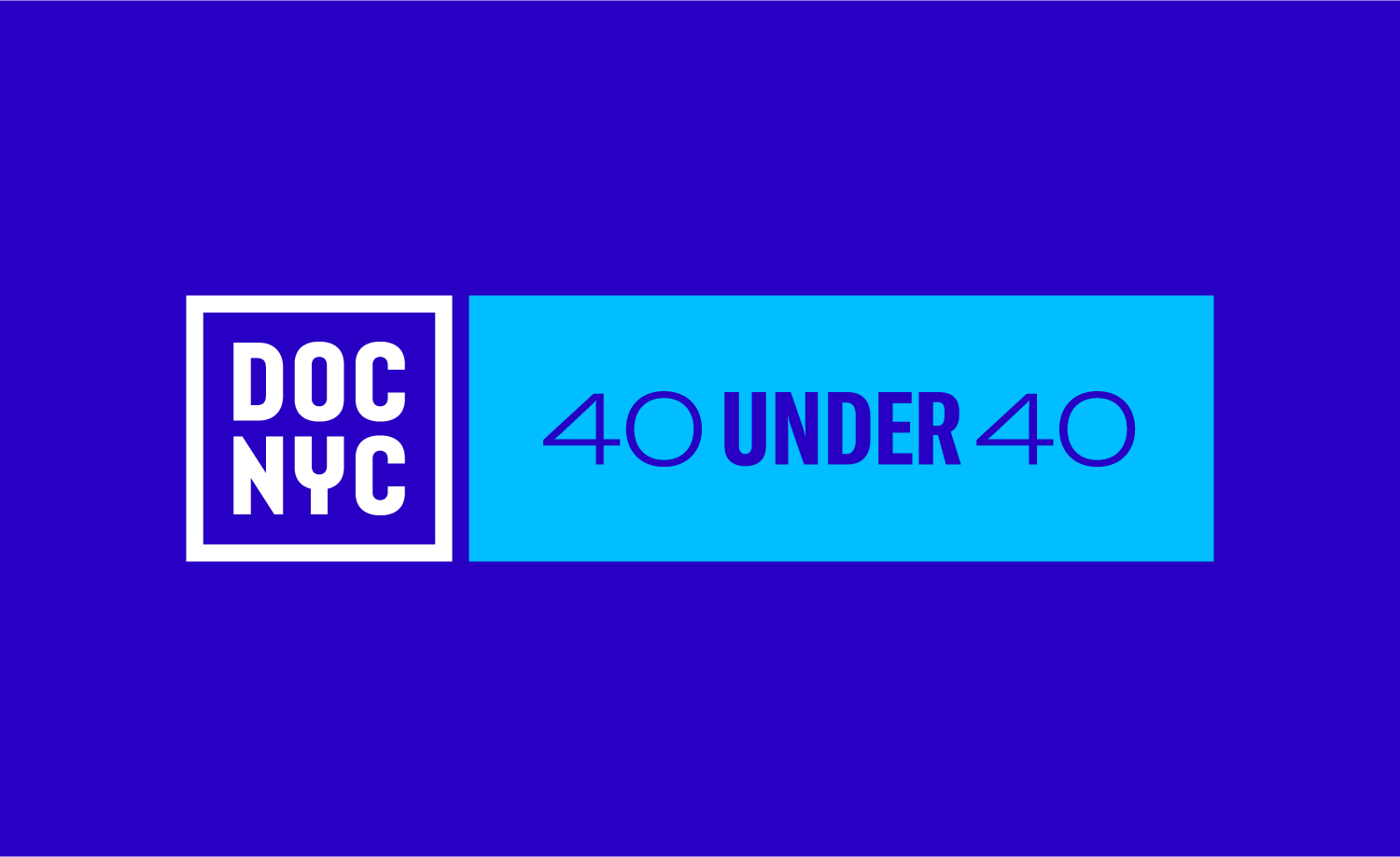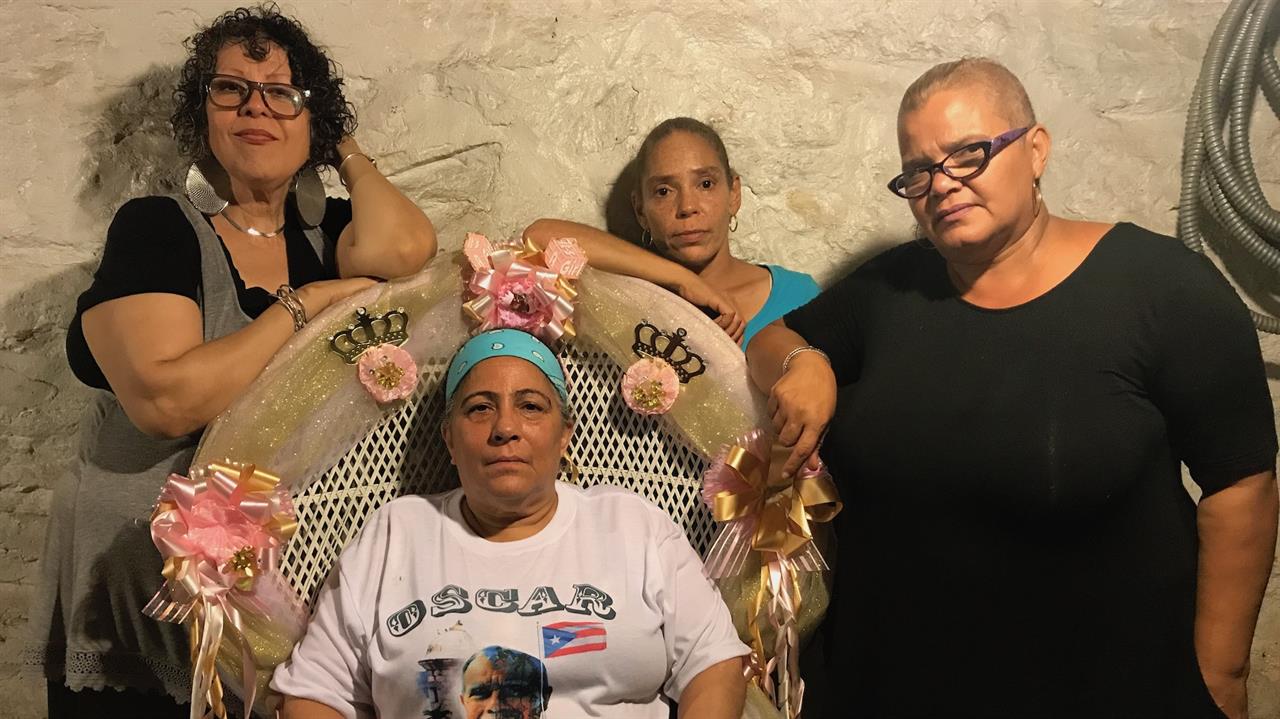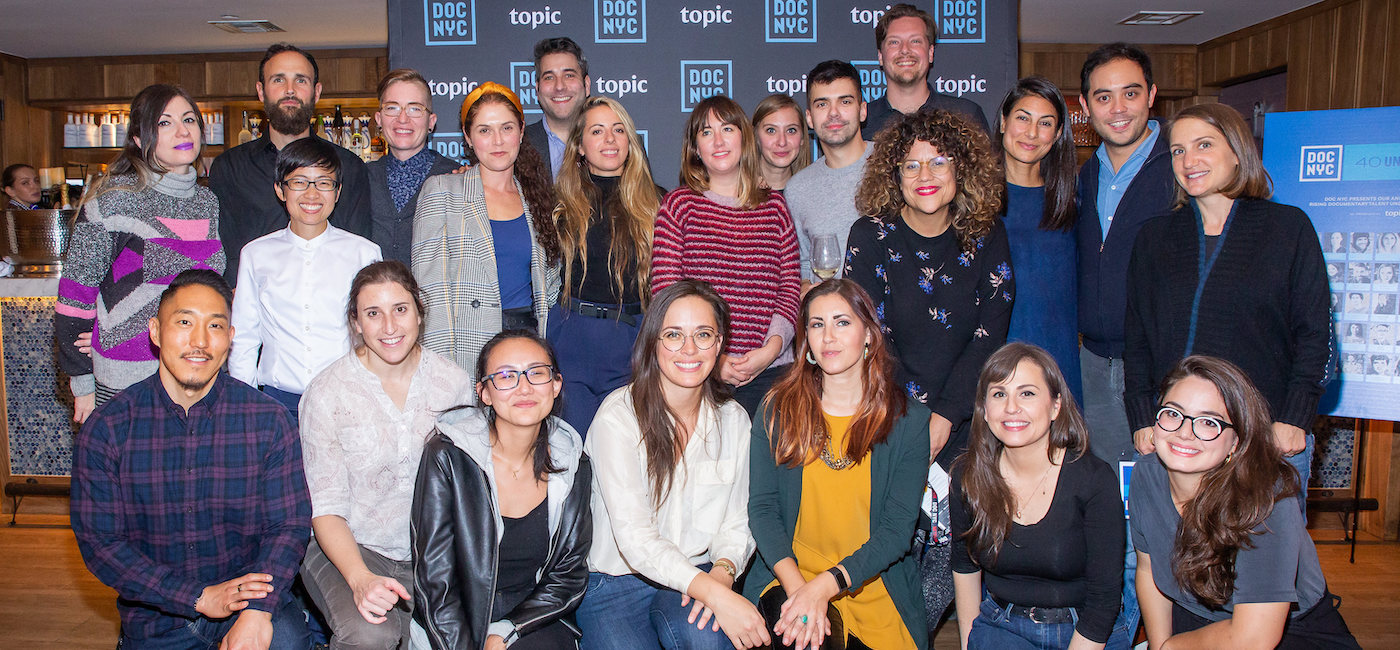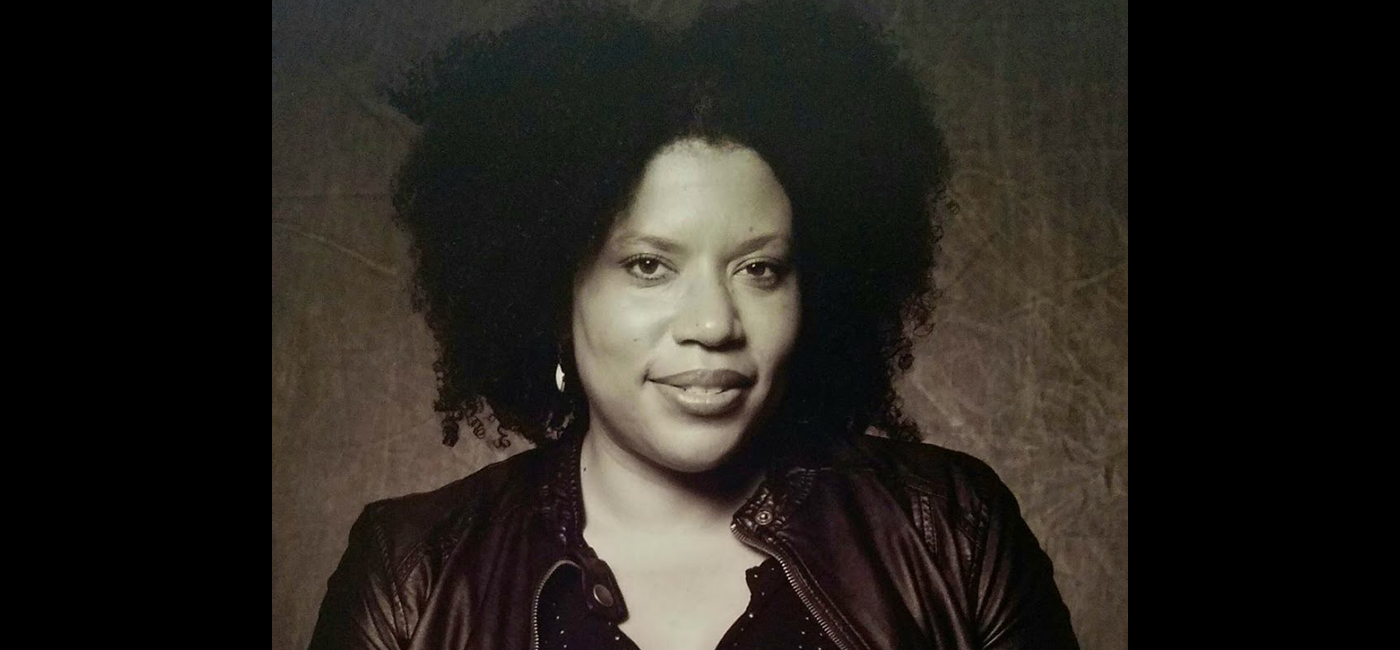Artistic Director Thom Powers on COVID-19
On Friday, March 27, Thom Powers introduced our first free webinar, New Strategies for Distribution. Please find the video and transcript of his opening remarks on how we can respond to COVID-19 in the film community.
So I don’t need to recap the bad news. And I don’t want to minimize it. We are all going through upheavals that no webinar can begin to address.
But I want to shine a light on some positive ways that we can respond.
- Number one: Focus on your project. You each have a job that ignited your passion. Keep pushing it forward. In my personal experience, last week I found it very hard to get motivated. Raphaela and I were adapting to home schooling and preparing for a long hibernation. Those tasks alone seemed to occupy all of our hours. Then when Caitlin joined our team, we brainstormed this webinar. That shifted our focus – to reach out to speakers, learn a new software, and adapt our skills to bring people together. It’s a small act, but it generated a lot of positive energy for us and for others.
So let your projects be your motivator.
Before I worked in festivals, I directed documentaries for ten years and I know there comes a point when you are just sick of your project. You wonder why did I ever chose this subject and you second guess yourself. Two years ago, Wim Wenders was at DOC NYC for his Lifetime Achievement Award. And he said that on his recent documentary about Pope Francis, he would wake up in the middle of the night feeling desperate that he didn’t know how to finish it. If Wim Wenders has those doubts, then it’s natural you have similar ones.
Maybe you’re making a film on very serious subject and you’re wondering, “why didn’t I pick something more light-hearted – like puppies or pop stars? – if that’s what people want to watch.” Or maybe your film is light-hearted or esoteric and you’re thinking, “in this time of crisis, why didn’t I choose something more serious?” Push past that second guessing. Focus on the people who are counting on you: the people in your film; your crew; and the future audience – whether your film is light-hearted, esoteric or deeply serious. There are all kinds of needs.
- Number two: Ration your intake of news. As documentary filmmakers, many of us are curious bleeding hearts always looking for a cause. Right now you need to treat the news like chemotherapy. You need a little to survive, but too much is going to kill your spirit. Disconnect for a couple hours before you go to sleep. Find anything else to do. Focus on the things that are in your control.
Number three: Make the most of digital acceleration. Here’s some good news. We are all getting a crash course in new technology. Our 10-year-old son is now an expert on Zoom. This webinar platform Crowdcast – was unknown to me a week ago. For years at DOC NYC, we’ve been meaning to explore ways to share our programs online. Now it’s become our top priority.
I don’t want to be falsely optimistic. I would still prefer to bring people together in a theater. And I can anticipate your skepticism about moving online:
- We all need to get paid for our work and online, free competes heavily against paying for content.
- When it comes to access, there’s a digital divide and many communities are left out.
- There are also unforeseen consequences to moving online. There was a time when Facebook seemed like only a good thing and now we know differently.
So it’s not all good, but it’s not all bad.
At DOC NYC, our largest venue – the SVA Theater in Chelsea – is 470 seats. That was the most people we could reach at one time. Today, we have hundreds more people joining our webinars.
Now we need to figure out together how to make the best of these tools. I know many of you are wondering: what comes next for film festivals? We’re thinking about that question every day. I want to acknowledge my hard-working colleagues at other festivals where I participate – at CPH:DOX, Full Frame, Montclair, Asbury Park, Freep in Detroit – to name just a few events that have been postponed or moved online. We know that hundreds of filmmakers are now delaying their live premieres.
At DOC NYC in November, we are planning a robust live festival. But we are also working to be flexible to whatever the future brings. We will use the next 7 months to deepen our digital tools.
On a practical level, some of you are wondering: what if my film had been programmed at Tribeca or another New York festival, will DOC NYC still consider it?
The answer is yes, we will be relaxing our normal guidelines for a New York City premiere. If your film won’t have played before a public audience in New York before November, you will still be eligible. Even if you received limited exposure in a digital festival. We consider the public experience something unique. I regret we can’t accommodate every film that missed a public premiere, but we will do our best for the films that excite our programmers the most.
I think back to 2012 – the third year of DOC NYC, when our festival happened 10 days after Hurricane Sandy. Lower Manhattan was still recovering from lost power and closed subways. And I think of 2016 when DOC NYC started just two days after Donald Trump’s election. Our audience could barely crawl of out bed from shock. But those were two of my favorite festivals, when people cherished coming together more than ever; and the stories being told on screen gained a deeper meaning. Whatever happens this November, I know it will be special. I hope you can be a part of it either in Manhattan theaters or participating from home.




